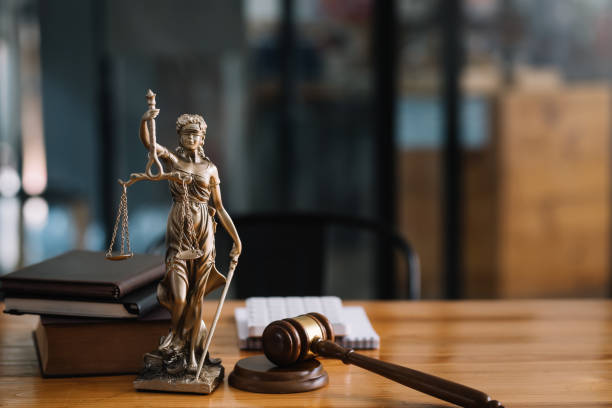In recent times, the legal landscape of educational institutions has been marred by controversies and lawsuits, with the C.W. Park USC lawsuit being one of the most prominent cases. This lawsuit has garnered significant attention, raising questions about academic integrity, institutional responsibility, and student rights. In this comprehensive guide, we delve deep into the intricacies of the C.W. Park USC lawsuit, examining its origins, key arguments, and potential implications.
1. Background of the C.W. Park USC Lawsuit
The C.W. Park USC lawsuit revolves around allegations of academic misconduct and unfair treatment of students. It originated from complaints filed by several students against the University of Southern California (USC), alleging that the institution failed to uphold academic standards and provided preferential treatment to certain faculty members.
2. Allegations and Key Issues
2.1 Academic Misconduct
Central to the lawsuit are allegations of academic misconduct by C.W. Park, a former USC professor. Students accused Park of engaging in unethical practices, including plagiarism, falsification of research data, and coercion of students to participate in research studies without informed consent.
2.2 Institutional Oversight
The lawsuit also highlights concerns regarding the university’s oversight mechanisms and its failure to address complaints of academic misconduct in a timely and effective manner. Students argue that USC’s administration neglected its duty to uphold academic integrity and protect the rights of students.
3. Legal Proceedings and Developments
3.1 Filing of Lawsuit
The C.W. Park USC lawsuit was filed in [insert year], marking the beginning of a protracted legal battle between the plaintiffs and the university. The lawsuit gained traction in the media, drawing attention to issues of academic accountability and student welfare.
3.2 Court Rulings and Settlement Attempts
Over the course of litigation, several court rulings and settlement attempts have shaped the trajectory of the case. While some rulings favored the plaintiffs, others resulted in setbacks, prolonging the legal proceedings and exacerbating tensions between the parties involved.
4. Implications and Future Outlook
4.1 Academic Reforms
Regardless of the lawsuit’s outcome, its impact on USC and the broader academic community is undeniable. The case has sparked discussions about the need for stricter oversight of academic research, transparency in institutional decision-making, and reforms to safeguard student rights.
4.2 Reputation Management
Moreover, the C.W. Park USC lawsuit has had repercussions for the university’s reputation and credibility. As allegations of academic misconduct continue to surface, USC faces the challenge of restoring public trust and reaffirming its commitment to academic excellence and ethical standards.
Conclusion
In conclusion, the C.W. Park USC lawsuit sheds light on the complex intersection of academic ethics, institutional accountability, and student advocacy. While the legal proceedings may have far-reaching implications, they also underscore the importance of upholding integrity and fairness in higher education. As stakeholders await the resolution of the case, one thing remains clear: the pursuit of justice and academic integrity must prevail to ensure a brighter future for all.


